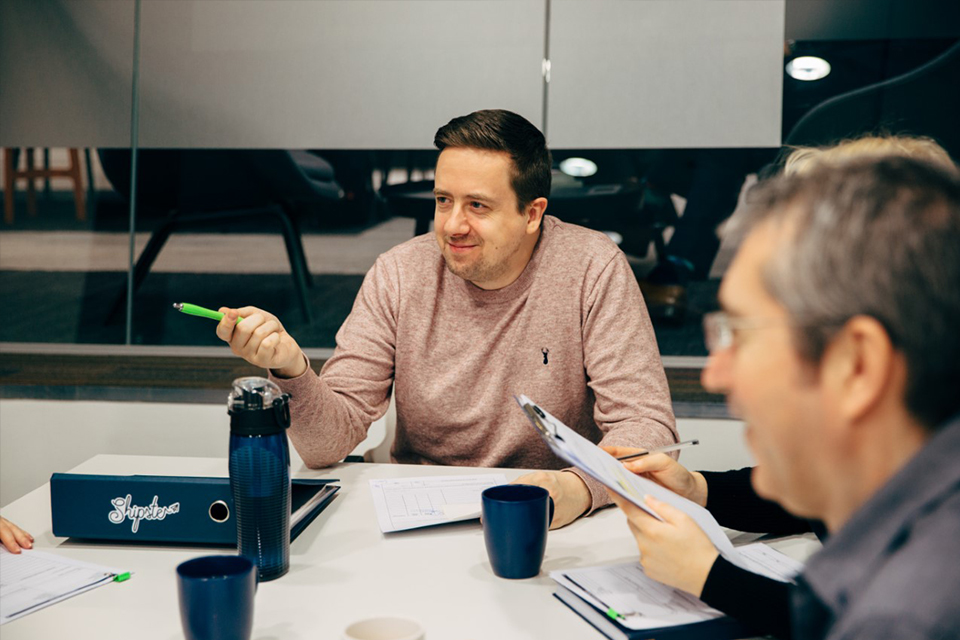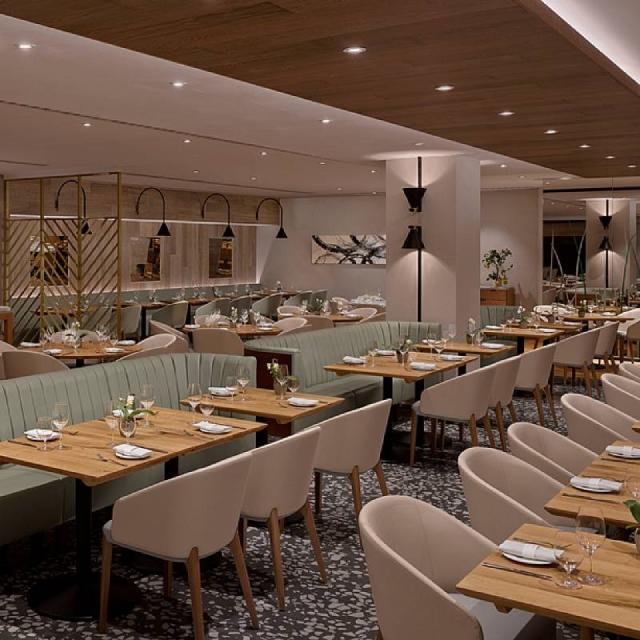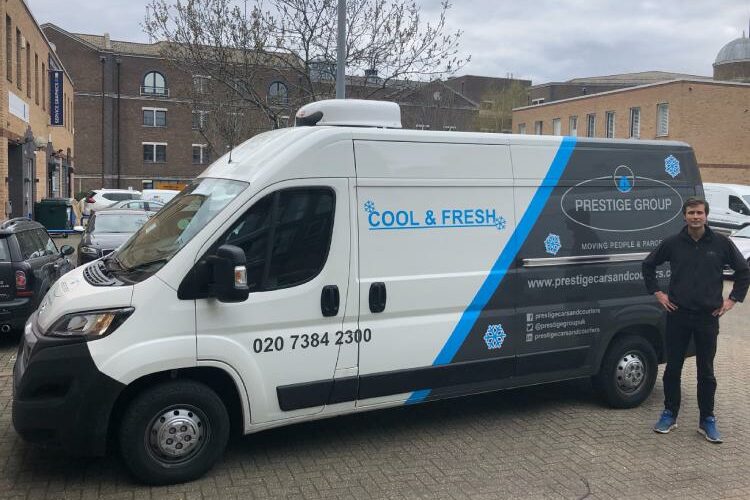Tony Cheetham reveals his experience as an employer in Manchester city center during the COVID-19 pandemic.
He and his partner run a B2B software company from an office near Piccadilly Gardens, with a team of three directors, support staff, developers and a technical support team whose day-to-day involves helping clients on the telephone with their e-commerce shipping.
Like so many others, Tony and his team made the switch to working from home in March 2020 following government guidance. Some of the changes were surprising and made Tony and his fellow directors consider which parts of remote working could be made more permanent, question how essential an office really is and how employees might benefit from more flexible working post-pandemic.
Here are Tony’s thoughts on how the pandemic changed him as an employer…
Working from Home Myself
Despite the initial challenges, I actually enjoy working from home and I sometimes find I can get more done without the distractions of multiple telephones and colleagues relying on me for immediate answers. There are of course many aspects of going to the office every day that I miss – the separation of home and work, seeing all of my colleagues and going out for lunch.
I think I anticipated more stress with the transition, because everyone working from home for the first time was so sudden. Luckily we got everyone equipped pretty quickly and being a digital company meant that virtually everything we do can be done online. The team were quick to adapt and continued their work, calls and strategy exactly where they left off.
The company’s effectiveness at this showed me how truly flexible we can be and gave me further confidence in our team’s ability to operate whilst physically separated. As an employer and business owner, this also showed me that I don’t need to be personally present all the time and can be assured everything will always tick along if I’m off work sick or taking a break. Although I’ve never been a micromanager, being a business-owner can make you develop the habit of wanting to know how everything’s going all the time.
Rethinking the Office
As a software company operating online, our proven ability to continue supporting clients and meeting targets has made us question the necessity of the office. I think we will always want a space where we can regularly meet, collaborate and make use of a practical office environment, but we now think that we may never need to move to a bigger office again (something we naturally kept doing as the company grew). We may even consider downsizing to invest more in our tech, move to a smaller office with more staff luxuries or keep what we have and adapt it for hotdesking and working on the go.
We don’t know what the situation will be in the coming year, but I think in the short-term we will adapt the office for more flexible work. We’ve already moved everyone onto laptops and altered desk monitors for team members so that they can plug-in-and-play with their laptop when they need the office. I never would have foreseen us working like this but the work gets done and everyone is happy to work on the go, cut commutes and meetup when essential.
Employing New Staff
Socially distanced interviews, group video chats and relying more on recruitment agencies has been fairly straightforward, however, one thing that has changed is how much we appreciate and now plan for some casual interaction with a candidate. Previously, after the formal interview, applicants would get to meet the relevant department, get a feel for the office and chat with some team members. I think we underestimated the value of those interactions outside the formality of an interview and without it a candidate can feel like they’re going in blind. Now, we give shortlisted candidates the chance to chat with two team members on Zoom a day or two after their interview.
Although we added this additional step to adapt to lockdown, I think we will continue with this post-pandemic. It makes sense to make quick casual conversations available online, which fit in with our work schedules and give the candidate more time than a passing “hello” to see how they gel with team members and ask their own candid questions about what it’s like to work with Shipster.
Training New Staff
Normally everyone would be in the office to help with training and the new-starter shadows a fellow team member. This year, we took a more COVID secure approach by letting in only three members of staff at a time to train and support the new-starter, however, although it worked in a practical sense, it does feel a little disjointed having a new employee meet everyone in small groups at a time. I think after the pandemic we will make sure to have as many people in the office as possible when someone is starting, despite any ambition to work more remotely the rest of the time. It’s just much more ideal for a new employee to meet everyone in the context of their departments, roles and the team dynamics.
Training isn’t always just about learning the role and practicalities; it’s getting experience with the rest of the team and how they work together. I believe the amount you can achieve this remotely is limited and I want to ensure that new employees always get to experience a full office working environment when possible in future.
Client Relationships
Previously, I never thought about the difference between a “good” relationship and a good working relationship. We work closely with our clients – creating custom solutions, offering telephone support and keeping everyone regularly updated with our latest developments. Overtime this has established a lot of trust and support. I noticed this most when we asked clients for patience during our lockdown transition to remote working and the response was very positive, even supportive. Thankfully everything went smoothly anyway and we managed to uphold our clients’ customer experience with the usual telephone calls, remote desktop support and continuing to seamlessly onboard new clients.
What this taught me was that solid client relationships go beyond a good rapport and are much more fruitful for everyone when you can take the time to troubleshoot with them one-on-one. This makes me proud of our support team and encourages us directors to keep investing in dedicated support technicians that tackle problems head on and treat clients as colleagues, not a list of support tickets.
Appreciating Staff in a New Way
Whilst we obviously cherish everything our team does for the company, the pandemic cast a light onto how they travel to work, how far and how early. It’s been interesting hearing about how working from home has benefited some colleagues’ work-life balance by adding an extra hour or two to their day at home. Add to that the loyalty and hard work they have shown in carrying the business through this bizarre time.
These facts have made me and my fellow directors ponder about more flexible working hours and work-from-home days after the pandemic. The team is clearly effective at keeping the cogs turning wherever they’re situated and we feel that a better work-life balance for every team member can only be a good thing for everyone.
The Shipster team continue to work from home for as long as necessary with plans to make the office a more flexible workplace to return to in future. The majority of staff will work on laptops – making their work portable between their office desk and home. If all goes well, there may be plans to give staff the option of working from home for some days permanently.









